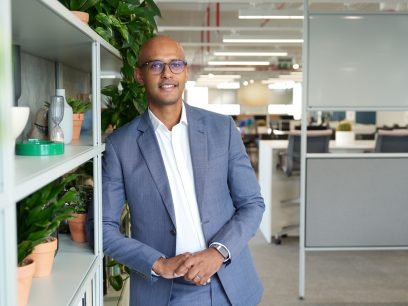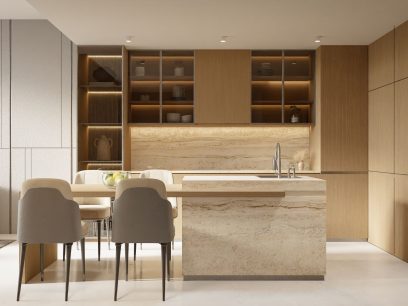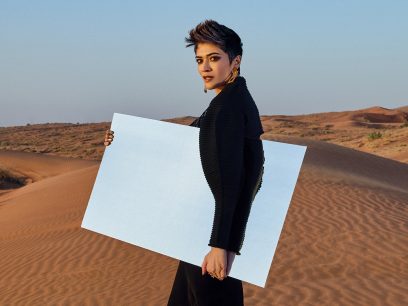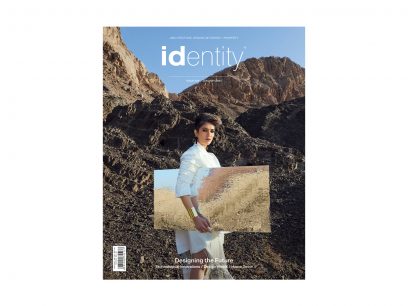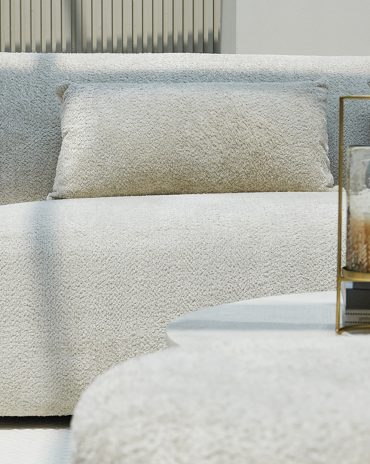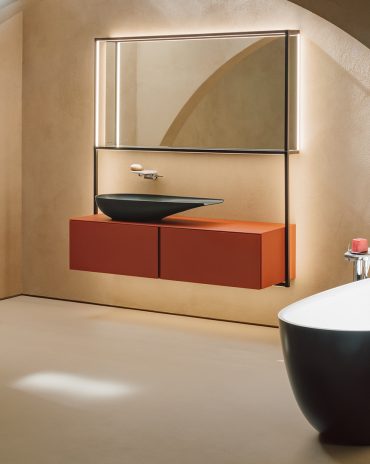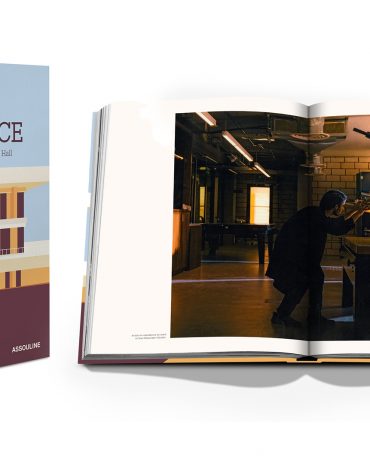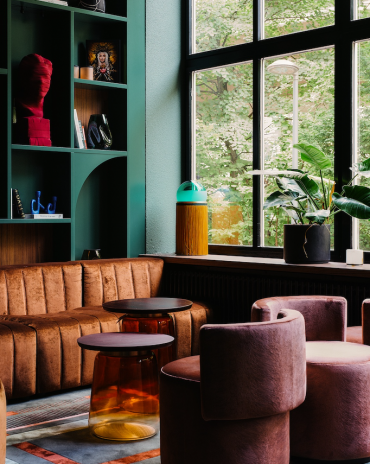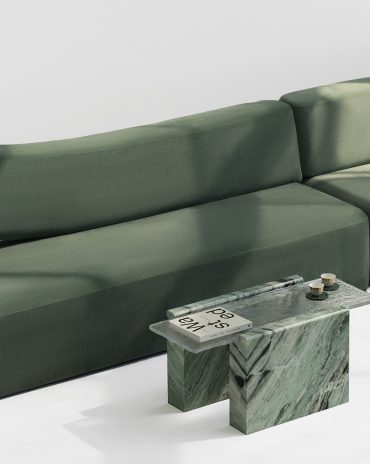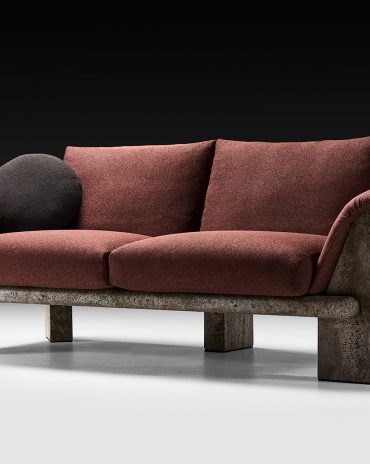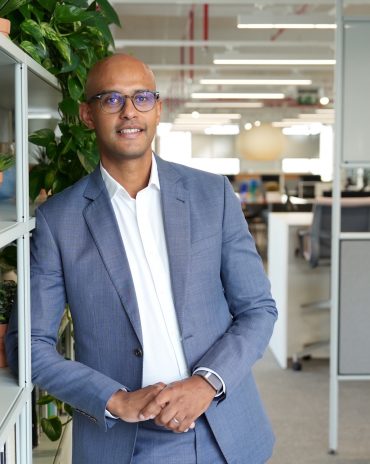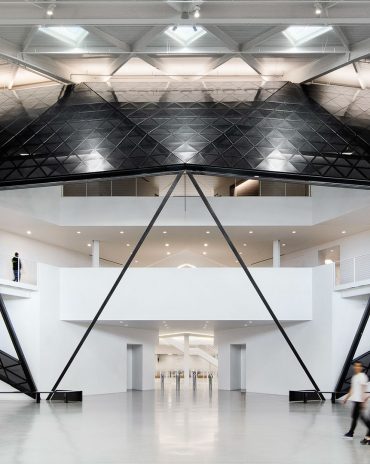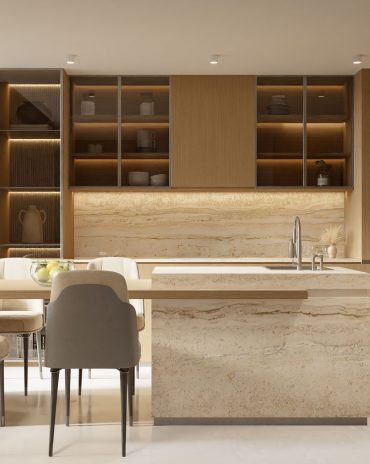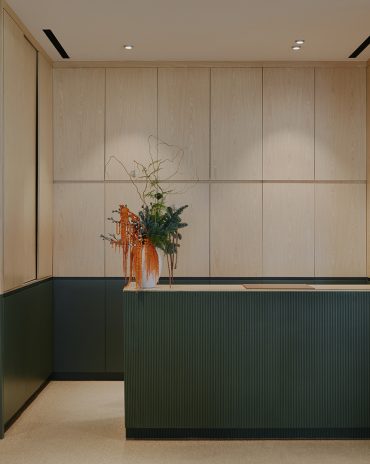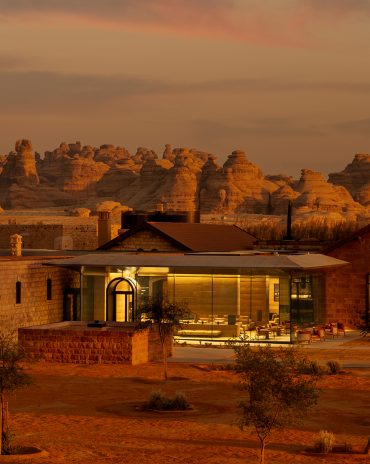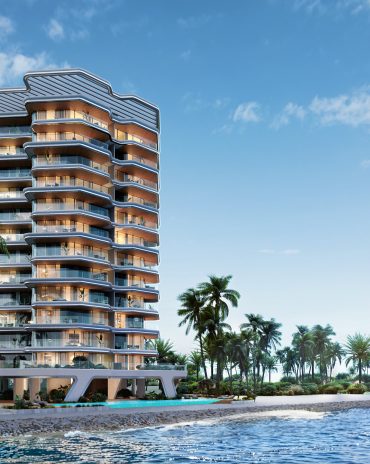Copyright © 2025 Motivate Media Group. All rights reserved.
Here are the MENA artists advancing change
We shine a spotlight on four individuals from the MENA region who are reshaping their respective fields in unconventional ways
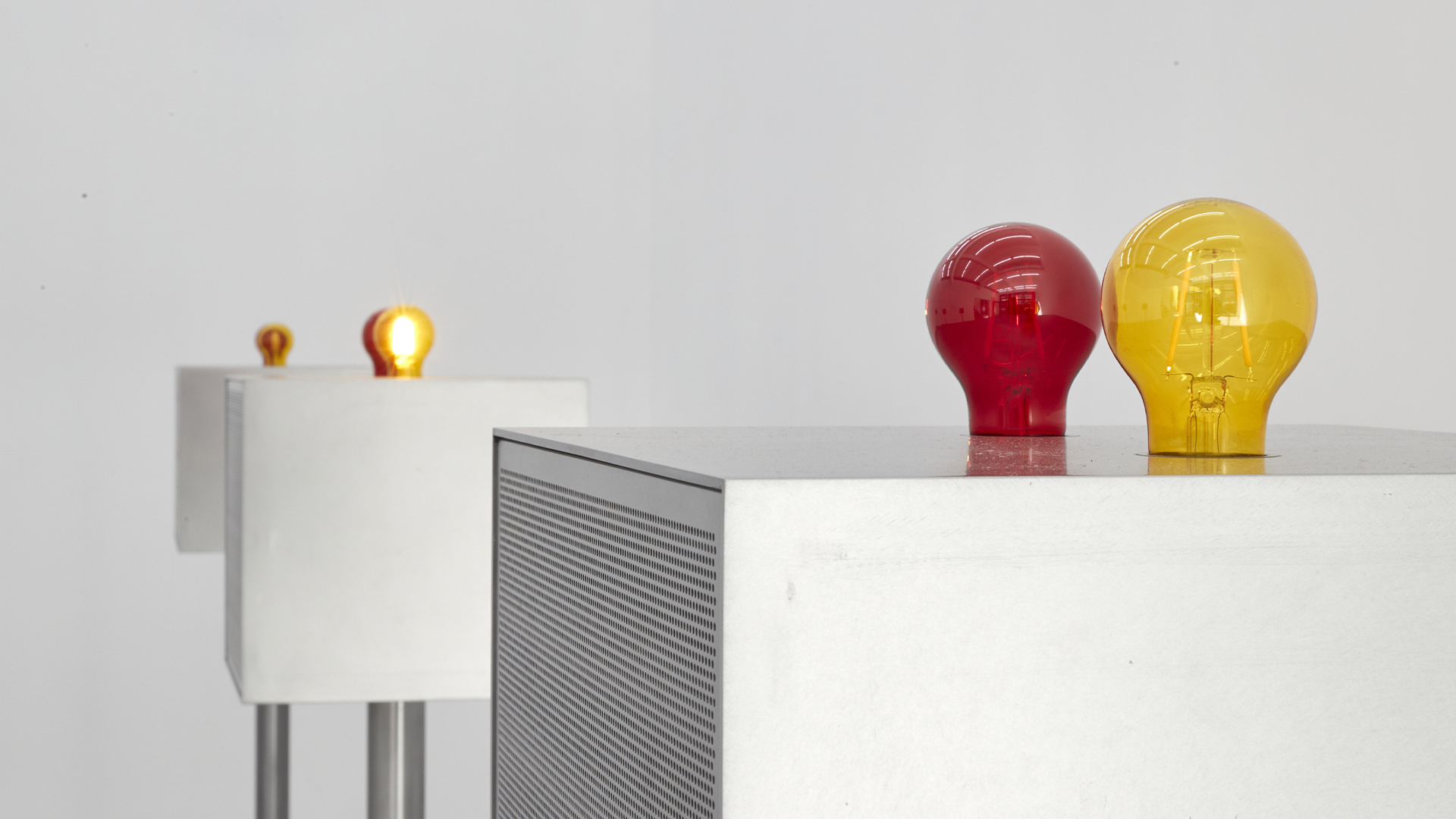
Embracing the transformative potential of art, we shine a spotlight on four individuals from the MENA region who are reshaping their respective fields in unconventional ways. Whether pushing back against social taboos or advocating for human rights, these creatives are harnessing the power of art to effect radical change.
Painting through stigma: Nasser Almulhim
In the MENA region, discussions surrounding mental health have historically been confined to the private sphere as a result of prevailing social stigmas. Saudi painter Nasser Almulhim challenges this narrative, bringing difficult conversations to the fore through his evocative works on canvas. Drawing inspiration from Western psychology, particularly the Jungian model, Nasser merges such concepts with his personal investigations into spirituality through his artwork. For him, painting serves as a therapeutic journey – an avenue for releasing himself from past traumas and cyclical thought patterns.
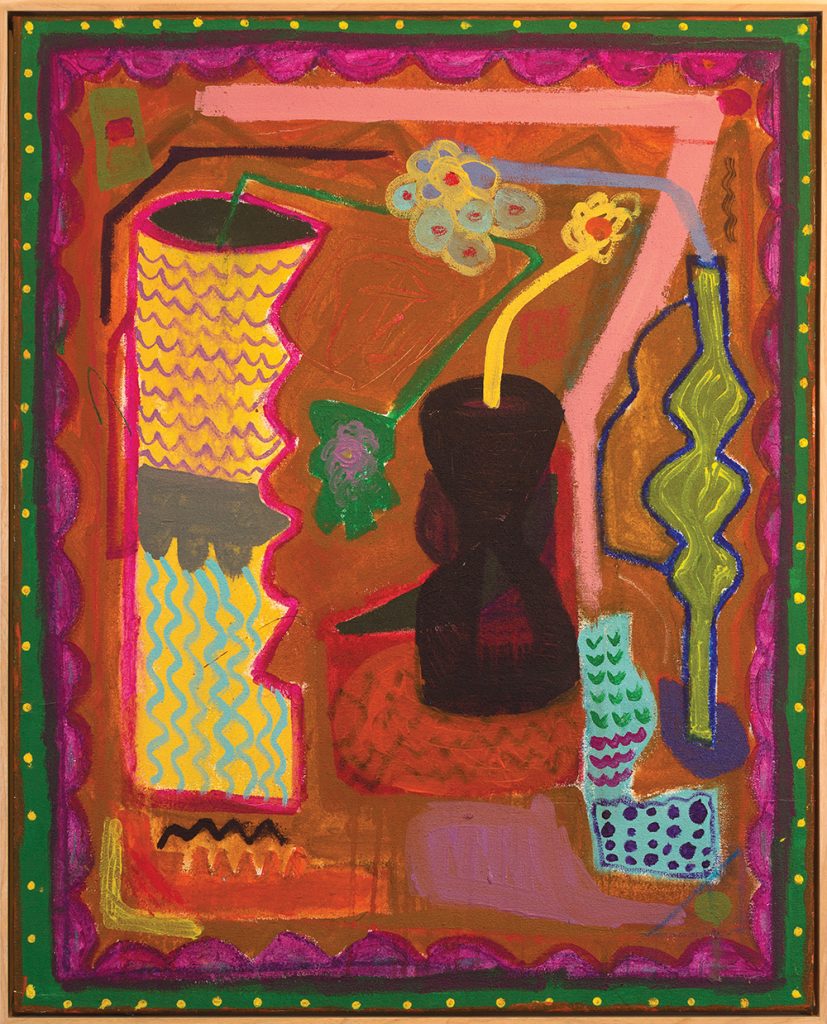
Nasser Almulhim, King of cups flirting with pink full moon (2021) oil, acrylic and oil pastels on canvas
The artist’s seductive use of colour ushers his audience into a world of uplifting imagery where he can raise sensitive subjects surrounding concepts like Jung’s shadow work. In The Philosophical Tree (1945), Jung asserts that: “One does not become enlightened by imagining figures of light, but by making the darkness conscious.” Nasser understands the shadow as a subliminal self, hidden within. The shadow is that which is deemed profane by society, but by integrating the shadow into the self, one can transcend into a state of wholeness. By normalising discussions around mental health and creating a safe space for dialogue, this artist breaks down barriers and destigmatises the topic within his community and beyond.
Championing conscientiousness: Shaqayeq Arabi
Through her conscious approach to sculpture, Iranian visual artist Shaqayeq Arabi brings attention to pressing environmental issues, raising public awareness in the process. Her delicate works, often suspended in the air as mobiles, comprise found and upcycled objects sourced from the communities she inhabits, breathing new life into discarded materials that would otherwise be destined for oblivion.
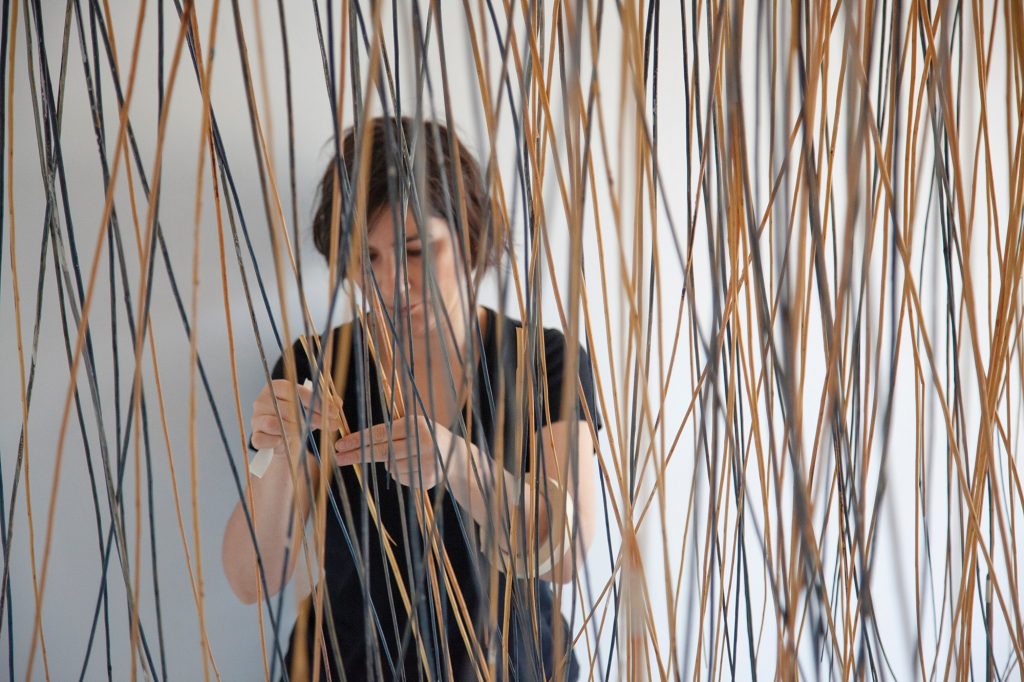
Shaqayeq Arabi
By incorporating objects such as fishing nets and plastic bags used to collect fallen dates from neighbourhood trees, Shaqayeq infuses her creations with the narratives and histories of the local area. These industrial remnants are delicately intertwined with natural elements like twigs and plant life, each with its own lifespan, symbolising the delicate balance between human existence and constructed and natural environments. Viewers engaging with these works are reminded of familiar spaces they have encountered, prompting empathy for the environment. In this sense, Shaqayeq’s work takes on a sociological dimension, encouraging reflection on the preservation and repurposing of objects that are often overlooked or discarded. Through her art, she urges us to reconsider our relationship with the world around us and to recognise the value in the seemingly mundane.
Art as advocacy: Lawrence Abu Hamdan
Self-proclaimed ‘Private Ear’ Lawrence Abu Hamdan uses audio art as his platform to confront and expose unequal sociopolitical conditions and the structures perpetuating them. Operating as an independent investigator, the Lebanese-British artist channels his pursuit of truth through a rigorous and radical exploration of sound. He unearths the political implications of listening, employing sound in various formats – lecture-performances, audiovisual installations, photography, graphic works and text – to scrutinise its impact on human rights and legal frameworks. His installation ‘Saydnaya (the missing 19db)’, for example, emerges as a series of hushed whispers yet the work plunges the audience into the soundscape of a Syrian prison where speaking aloud was punishable by death. Lawrence’s investigations have served as vital evidence in legal proceedings, notably in the UK Asylum and Immigration Tribunal. His advocacy extends to collaborations with organisations such as Amnesty International where he partners with fellow researchers from Forensic Architecture to amplify voices and challenge injustices through sound-based narratives.
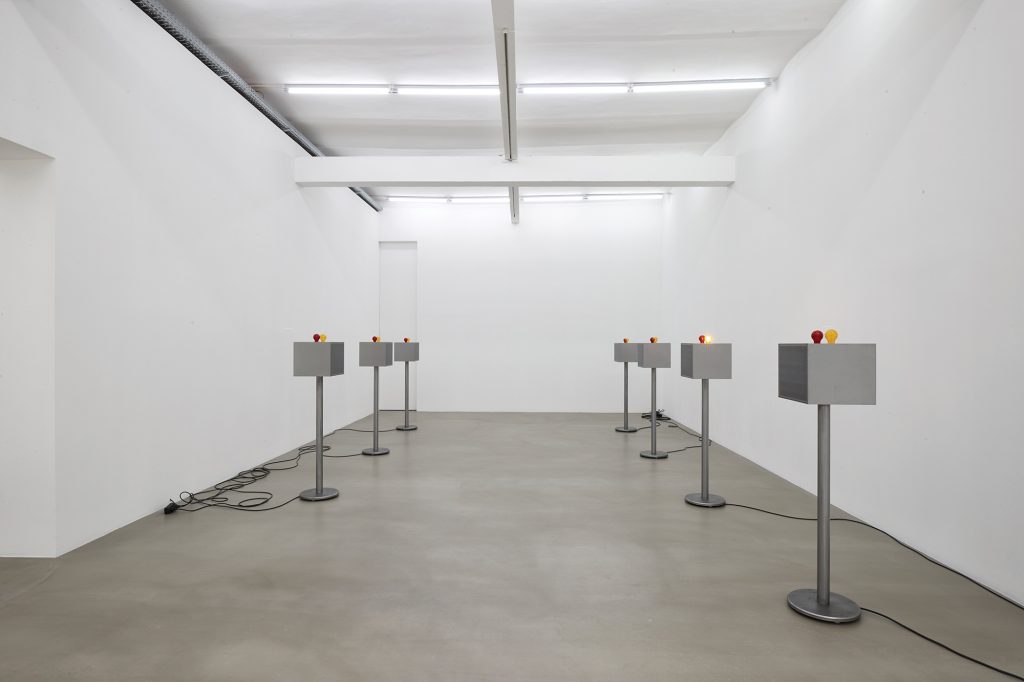
Lawrence Abu
Hamdan, The Witness-Machine Complex (2021). Installation view, Sfeir-Semler Gallery Hamburg. Courtesy the artist and Sfeir-Semler Gallery Beirut/Hamburg
Coining the term: Sophia Al-Maria
Artist, writer and filmmaker Sophia Al-Maria, has left an imprint on a generation and sparked a movement through her conceptual framework known as Gulf Futurism, co-developed with Kuwaiti musician Fatima Al Qadiri.
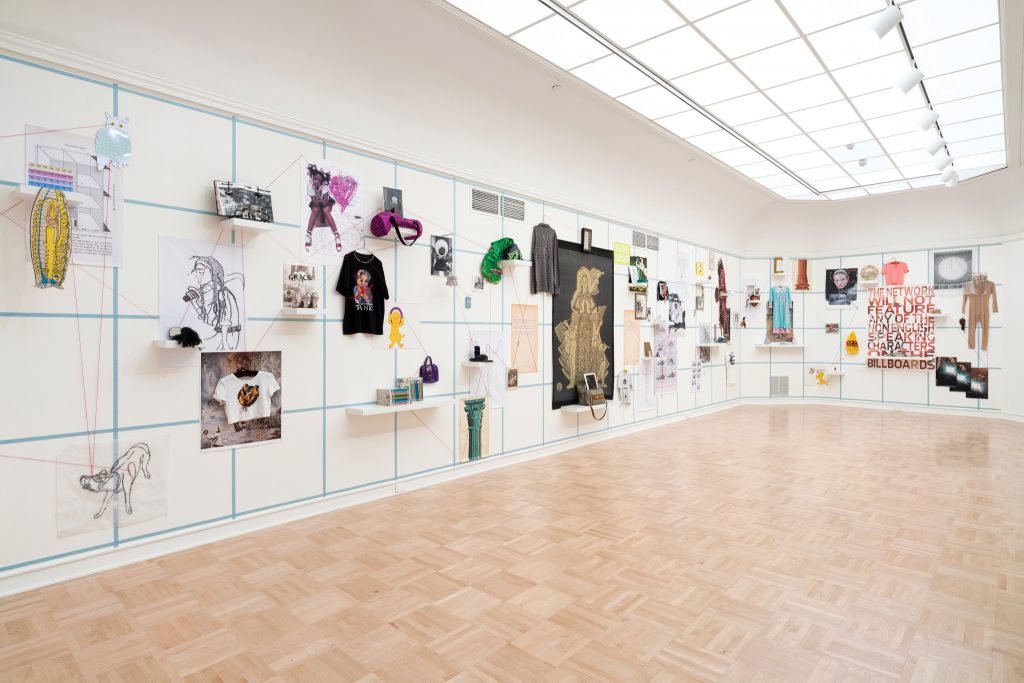
Sophia Al-Maria, Not My Bag (2023), Henry Art Gallery, University of Washington, Seattle. Photography by Jueqian Fang
For Sophia, the Gulf’s rapid urban transformation, driven by its petro-capitalist economy and characterised by dazzling skylines, echoes the futuristic landscapes portrayed in 1980s cyberpunk literature – such as William Gibson’s Neuromancer. Drawing inspiration from Gibson’s famous quote that “The future is already here, it just isn’t evenly distributed yet,” Sophia emerged as a trailblazer, advancing the term Gulf Futurism more than a decade ago. Since then, other artists and scholars have embraced it, infusing their explorations of the region with elements absorbed from sci-fi. This engagement seeks to reimagine representations of the Gulf through the prisms of anticipation, speculation and futuristic iconography, reflecting its dynamic socio-cultural landscape.
Words by Laura Cherrie Beaney
The Latest
Textures That Transform
Aura Living’s AW24 collection showcases the elegance of contrast and harmony
Form Meets Function
Laufen prioritises design, functionality and sustainability in its latest collections
Preserving Culture, Inspiring Creativity
Discover the Legacy of a Saudi Art Space: Prince Faisal bin Fahd Arts Hall explores the Hall’s enduring influence on the cultural fabric of Saudi Arabia
Channelling the Dada Spirit
Free-spirited and creative, The Home Hotel in Zurich injects a sense of whimsy into a former paper factory
id Most Wanted- January 2025
Falaj Collection by Aljoud Lootah Design
Things to Covet in January
identity selects warm-toned furniture pieces and objets that align with Pantone’s colour of the year
Shaping the Future of Workspaces by MillerKnoll
Stacy Stewart, Regional Director Middle East & Africa of MillerKnoll discusses the future and evolution of design in workspaces with identity.
Shaping Urban Transformation
Gensler’s Design Forecast Report 2025 identifies the top global design trends that will impact the real estate and built environment this year
Unveiling Attainable Luxury
Kamdar Developments has launched 105 Residences, a new high-end development in Jumeirah Village Circle.
The Muse
Located in the heart of Jumeirah Garden City, formerly known as ‘New Satwa’, The Muse adds to the urban fabric of the area
Cultural Immersion Meets Refined Luxury
The Chedi Hegra opens its doors in AlUla’s UNESCO World Heritage Site
Redefining Coastal Luxury
Sunshine Bay on Al Marjan island combines seaside views, exceptional design, and world-class amenities to create a unique waterfront haven

